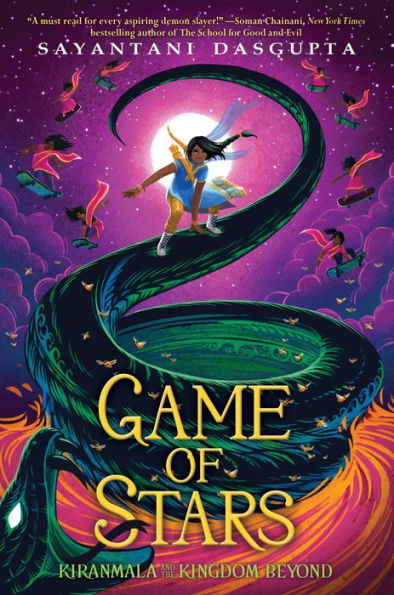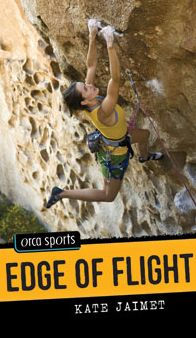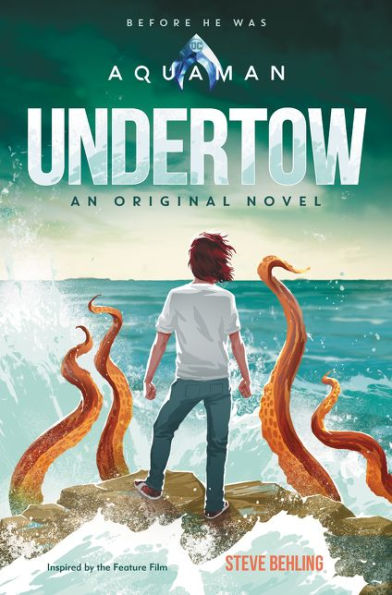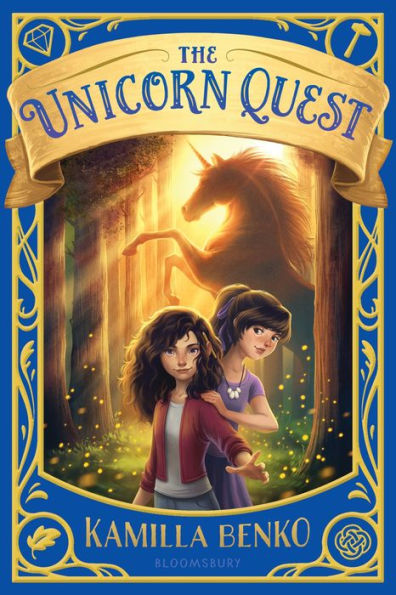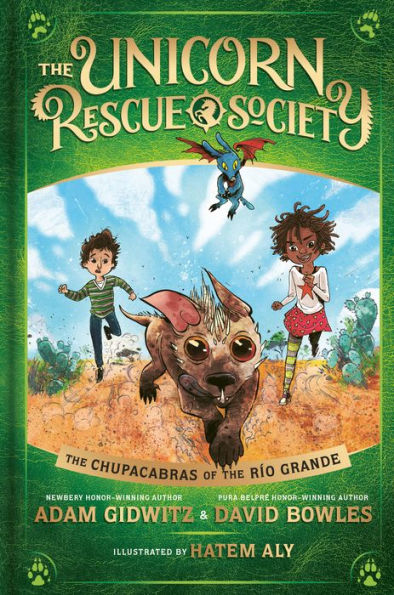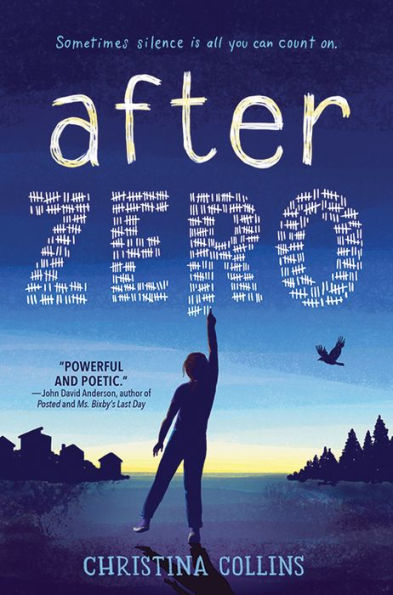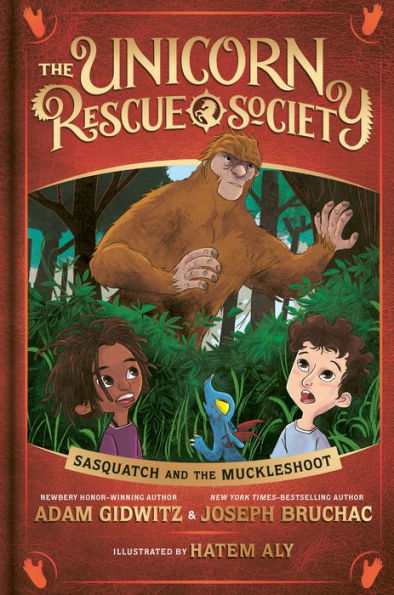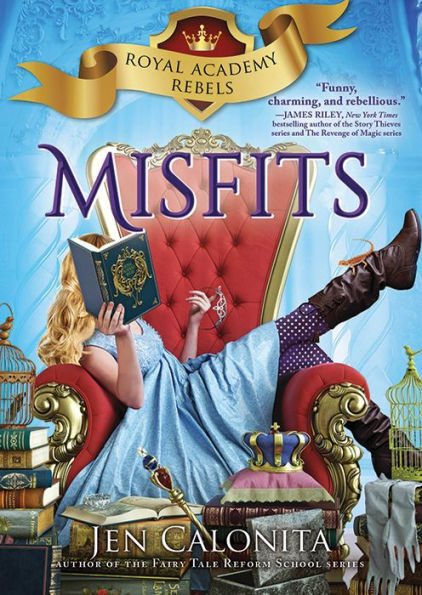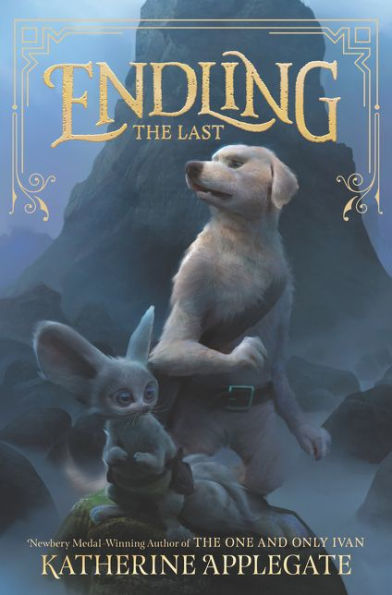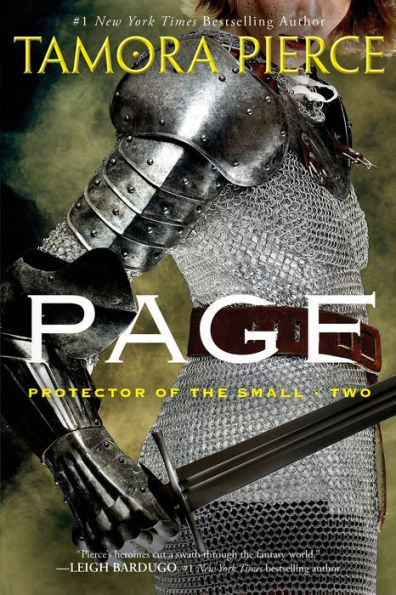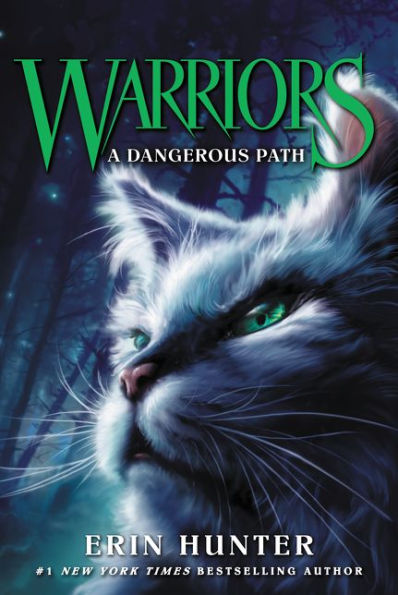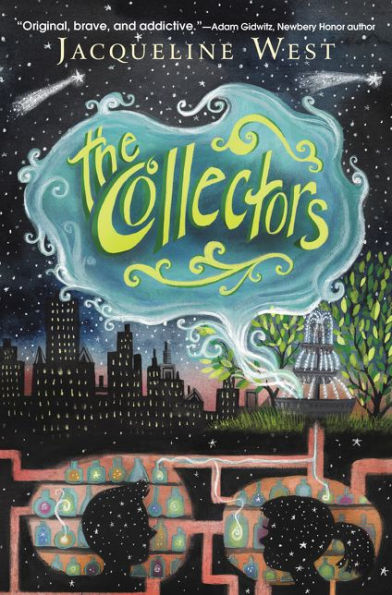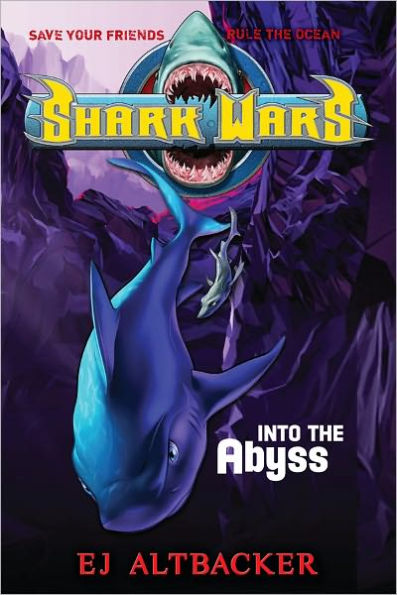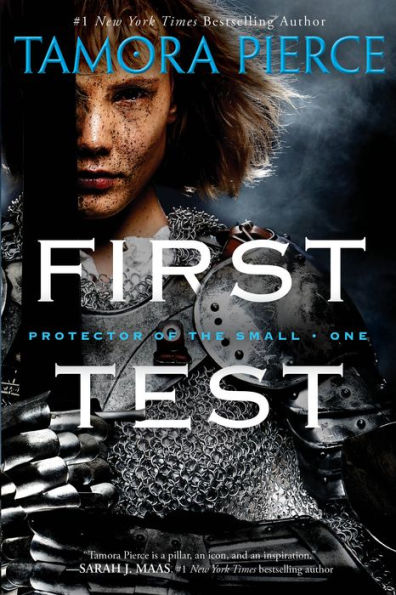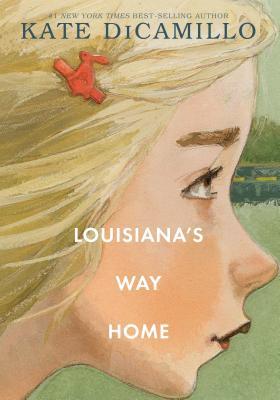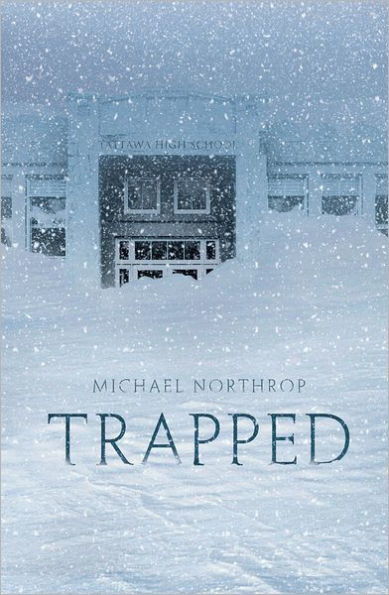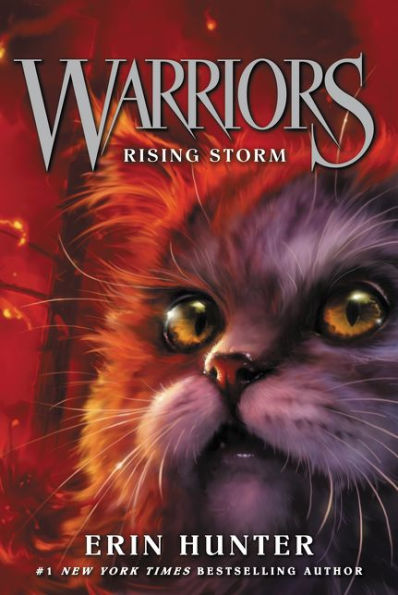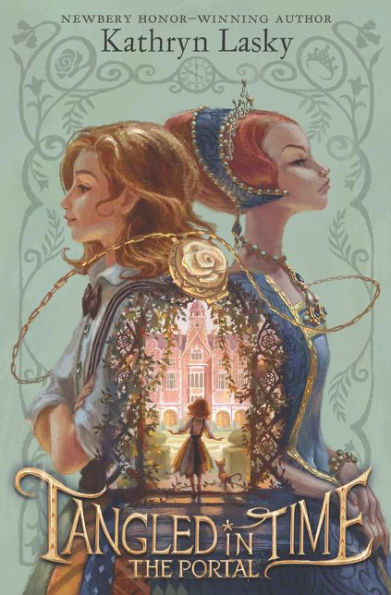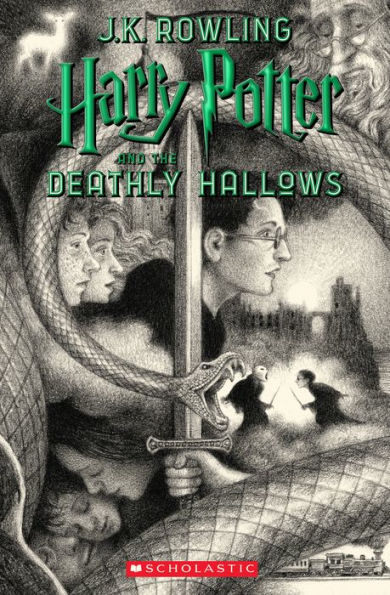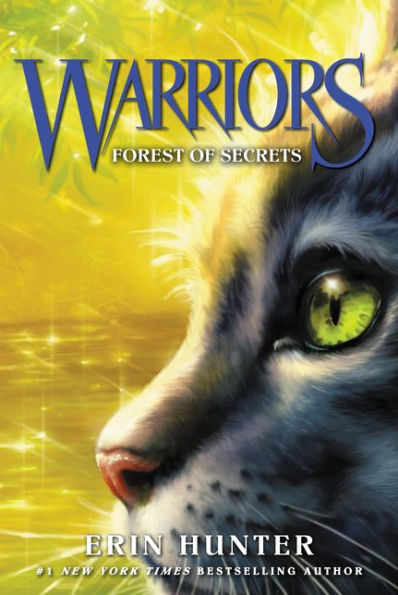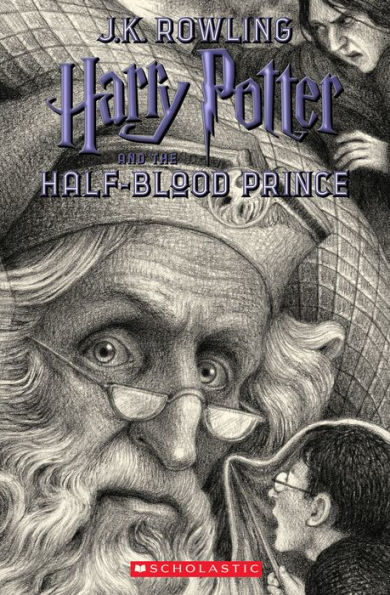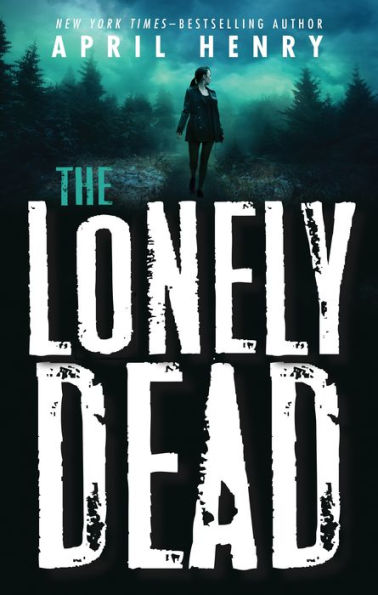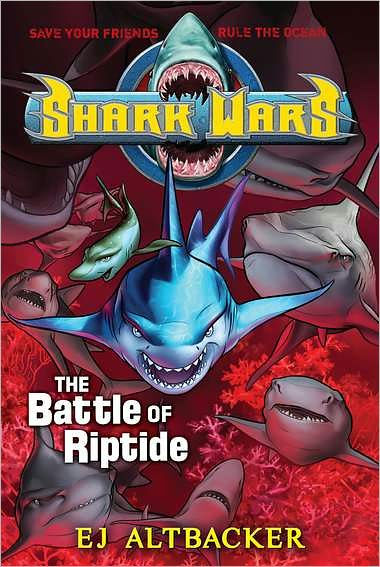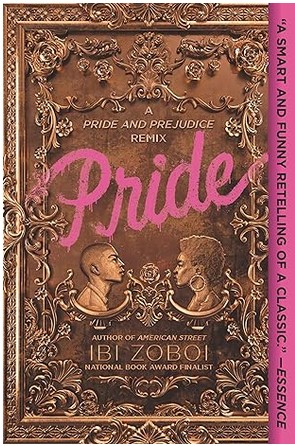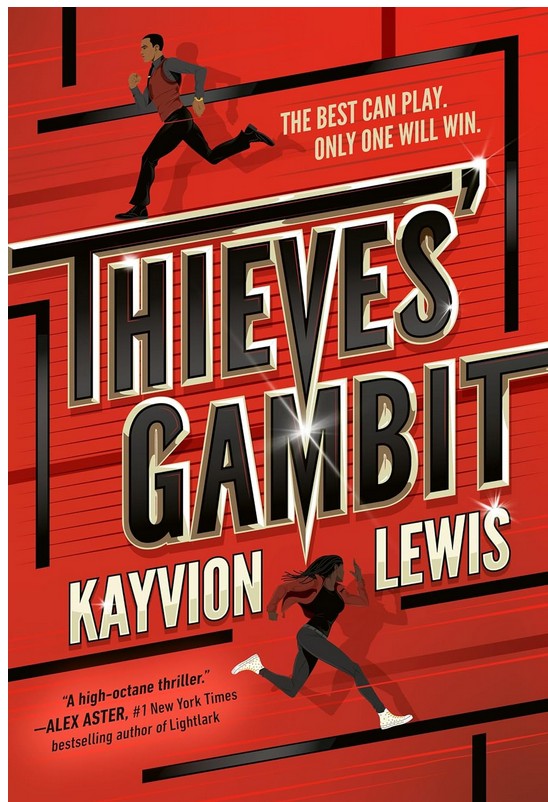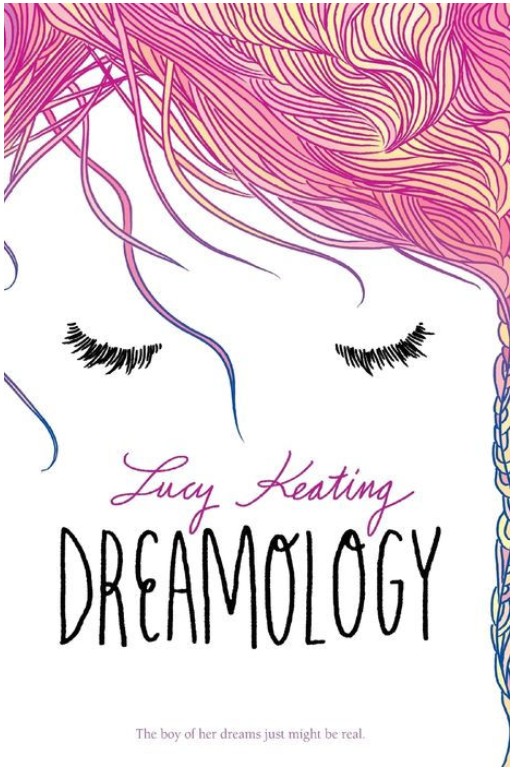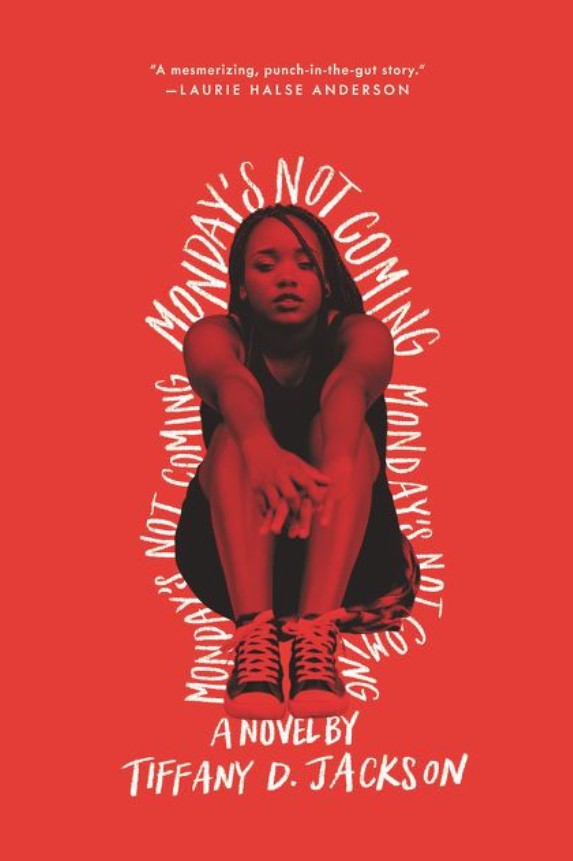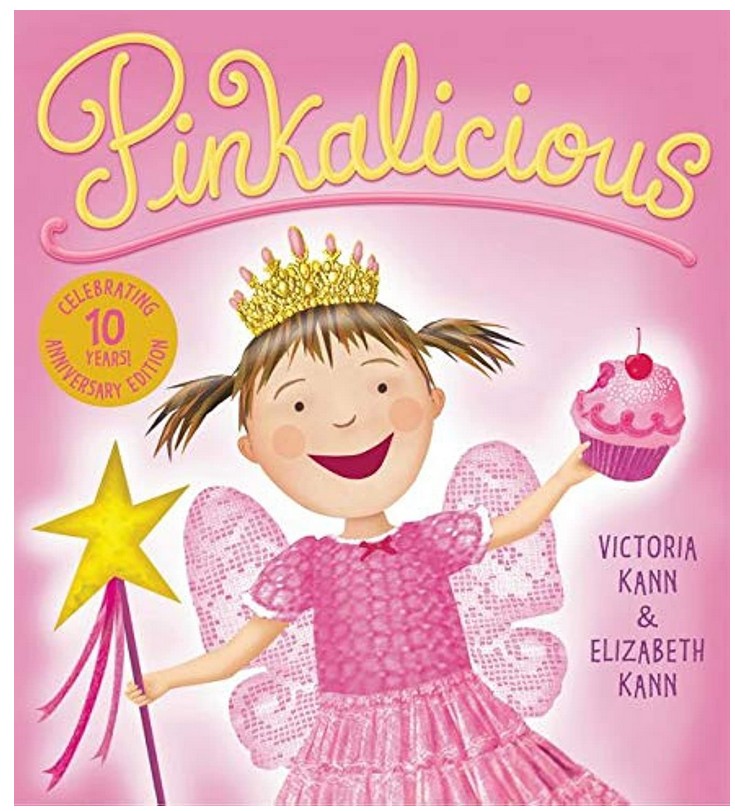Twelve-year-old Kiranmala just wants to be normal, despite having been born an Indian princess in the Kingdom Beyond, an alternate dimension. So, when the Demon Queen shows up in her dreams, Kiranmala doesn’t want to listen to the demoness.
After a visit with some all-seeing birds, Kiranmala finally, reluctantly goes to the Kingdom Beyond and finds that the Kingdom Beyond is in danger. A game show reigns supreme, society is fraying, and everyone is running scared or imprisoned. Kiranmala knows her father is behind the game show, but is there any way she can beat him at his own game?
The second installment of the Kiranmala and the Kingdom Beyond Series, Game of Stars takes readers on an action-packed ride through the Kingdom Beyond. The story brings back some beloved characters from the first book and adds new characters as well. This story will be confusing if readers have not read The Serpent’s Secret first!
The story revolves around the Indian culture and mythology, with many of the creatures straight out of Bengali folktales. For those not familiar with the culture, some of the references to Indian food, clothing, and monsters may be confusing as they lack adequate description. The cute black and white illustrations scattered throughout the story help the readers visualize some characters and events, but there needed to be more of them. Although it is exciting to have an Indian heroine, the story may be frustrating to follow for those unfamiliar with the customs.
A drawback to this book is that none of the characters talk like normal people, and much of the dialogue is childish. Some creatures talk in rhymes and riddles, which is fun. However, the characters continually use name calling throughout the story, which adds to the childish tone. For example, someone calls the Serpent King a “scummy snake” and a “pooper-scooper.” Even the Demon Queen’s and the Serpent King’s dialogue makes them seem more like whiny children rather than strong adults.
As Kiranmala travels through the Kingdom Beyond, she considers the nature of good and evil. Through her experiences, she learns that being human or a rakkosh doesn’t define you; instead, it is how people act that makes them good or evil. Throughout the story, Kiranmala worries that she will become evil like her father. A professor tells her, “No one turns good or evil by magic. That’s not how it works. You become evil when you choose to act against your conscience again and again. Being good or evil is about the decisions you make each and every day. It’s not something that just happens to you.
For those who haven’t picked up the Kiranmala and the Kingdom Beyond Series, you may want to try Aru Shah and The End of Time first because it is less confusing but still revolves around India’s mythology. Middle school readers will enjoy the riddles, the funny characters, and the exciting chases. Overall, Game of Stars is an action-packed story that shows that a strong, smart girl is capable of heroic deeds and saving the prince.
Sexual Content
- A store vendor tells Kiranmala a story. “Well, when the Raja wasn’t having any heirs, he called upon a rishi, one of those sadhu-sanyasi guys who meditates on the mountaintop and knows all sorts of magic shajik. . . So, anyhoo, this guy gave the ranis a super-magical fertility root to share so they would all have babies.”
- As part of the contest, there is a promotional poster that shows Kiranmala about to kiss a boy.
Violence
- Kiranmala sees her imprisoned friend and thinks, “Neel did look terrible. . . he also looked skinny and, weirdly for a half rakkhosh who hardly needed sleep, tired. He had big dark circles under his eyes, a fading bruise on his cheek, and one side of his lip looked puffy, like he’d been on the wrong side of somebody’s fist. . . Both of his wrists were bound in cruel metal shackles. The chain from his wrists led to shackles that bound his ankles too.”
- When Kiranmala tries to free Neel from prison, Bogli tries to stop her. Kiranmala “let my arrows fly. Unfortunately, about 50 percent bounced right off Bogli’s scales. The other 50 percent that found their mark didn’t’ seem to do much damage, but hung there, kind of boinging” Neel uses a fork to stab “Bogli’s slimy skin.” During the fight, Bogli “smacked Neel hard across the face. Because of his shackles, Neel didn’t have super balance, so he fell hard, unable to use his hands too much to break his fall. . . He got in a blow to the monster’s thigh with both his shackled hands before Bogli flicked him off like a mosquito, then pinned poor Neel under a giant, warty foot.” The fighting continues for nine pages; no one is seriously injured.
- When Kiranmala takes the Serpent king’s tooth, he tries to get it back by “flinging uneven green bolts of energy at us in between giggles. . . I nocked arrow after arrow in my bow, but they didn’t seem to bother Sesha. And as if the flying bolts of pain weren’t bad enough, at the Serpent King’s cry, the scraggly lawn outside the dentist’s office filled with snakes of all kinds. . . they slithered viciously in our direction, surrounding Ai-Ma in a trice. They hissed and snapped at us.” The scene takes place over two pages.
- When Kiranmala goes to talk to a professor, he starts throwing fish at her. Kiranmala “found myself being pelted by something wet and slimy. A story of wet of slimy things actually. . . I put my hands up to protect my face, but the onslaught of rapid-fire fish kept flying at me, flapping on my skin with their scaly cold.” The professor stops throwing the fish when he realizes Kiranmala is not a ghost.
- Soldiers parade Kiranmala past a prison cell, where she sees Neel’s grandmother Ai-Ma, “her shoulders hunched and face grim. There were some disposable teacups hanging from her few strands of hair and little burn marks like someone had thrown hot tea at her. Off her skin hung strange patches of vegetable peels and plastic bags too, like people had been using her as a target for throwing garbage.
- Kiranmala must pass a test and if she does not, a witch and her sister will “eat you and the prisoner’s livers for a snack! While they’re still in your bodies.”
- In order to save Neel, Kiranmala must rip off a bee’s wing, but because the bee is the Rakkhosi Queen’s soul, the queen will also die. The Rakkhosi Queen tells Kiranmala, “Do it!” When Kiranmala refuses to rip off the bee’s wing, the Rakkhosi Queen, lunged at me. I screamed. I really thought she’d just had it and was going to kill me, but it wasn’t me she was after. Her sharp talons grabbed the bee out of my hand, and in one swift motion, she tore off its wing. Her scream. . . Deep and horrible, like someone was being cut in two. The demoness dropped the sword and then fell down heavily next to it . . . She writhed now on the floor, her arm at a horrible, unnatural angle.”
- The Serpent King tells Kiranmala, “I want to kill you and the Rakkhoshi Queen both.” The Serpent King then “shot a bolt at me, encasing me in one of his green orbs of pain and torture. Immediately, I dropped to my knees inside the floating bubble. The sharp, hot pain on my skin and in my bones was so intense, I couldn’t stop from crying out.” Neel charged “at Sesha with his sword raised. They clashed, sword to green bolt, making an enormous explosion of light every time their weapons made contact.” During the fight, Kiranmala must fight a ghost who took Neel’s brothers’ form. The Serpent King uses two stones, and when their power combines, “Neel’s mother was floating up off the ground now, her glowing body losing its form, becoming water and then fire, earth and then air, over and over again.” The battle scene takes place over three chapters. With the help of her friends, Kiranmala is able to free Neel and save his mother.
Drugs and Alcohol
- None
Language
- Crapola and crud are used once.
- Dang and heck are used twice.
- Darn in used four times. For example, when Kiranmala sees Neel in prison, she yells, “I’ll rescue you if I want to and you’ll be grateful, darn it!”
- Throughout the story, there is name calling. For example, a demoness calls Kiranmala Loonie-Moonie, pea-brained tree goat, and a pathetic puppy from Parsipppan.” Someone calls the Serpent King a “scummy snake” and a “pooper-scooper.”
- Several times the skateboarding resistance is referred to as scum.
- Neel’s mother calls him an idiot.
Supernatural
- Barngoma and Bangomee, are birds with human heads. When Kiranmala sees them, “they didn’t speak out loud but somehow, their words slipped into my brain. . . their voices floated into my head in a weird, nasal unison.”
- Barngoma and Bangomee use their power to hypnotize Kiranmala. “They opened their eyes wide, and again, I felt like I was falling into their swirling rainbow irises. Those swirly, whirly birdie eyes somehow pulled me out of myself so much that I actually felt separated from my body and spirit. . . Falling into the giant birds’ eyes was the wackiest, weirdest thing. I felt like I was flying through a movie on super-duper fast forward.” When she is in a trance, she sees her friend imprisoned and can interact with him.
- Barngoma and Bangomee create a wormhole that takes Kiranmala to the Kingdom Beyond. Kiranmala advises, “If you have never driven an auto rickshaw through a rip in the fabric of space-time created by two giant, hippopotamus-sized birds, I strongly recommend wearing a bike helmet when you do.”
- Kiranmala learned that “rakkhosh were actually, in some weird, interdimensional way, the same thing as back holes.”
- Bolga was “born from a well of dark energy.” She has “webs between her toes, gills along her neck, and webbing fanning out beneath her giant arms.”
- Kiranmala sees the birth of the Chintamoni and Poroshmoni stones. When she enters the wormhole, “the last thing we saw floating by us in space-time were some gods and demons churning an ocean of milk. They pulled on a familiar-looking snake wrapped around a mountain that operated as a churn. Out of the ocean rose medicine and poison, light and dark, good and evil, and then a sparkling white stone and a glowing yellow one.”
- Kiranmala explains “the power of Chhaya Devi’s vials. They held the shadows of trees inside. Once freed, the shadows reconstituted themselves like expanding sponges. Super-powerful, tree-shaped magic sponges, that is.”
- Kiranmala is able to understand parkkhiraj horses.
- Kiranmala and Neel are able to communicate through the moon’s reflection. Neel says, “When I look up at the moon through the cell window, I can see you reflected there.”
- Kiranmala has to face ghosts, which is dangerous because “looking at a ghost face-to-face while it was calling me would make my soul forfeit for the taking.”
- Before Kiranmala dives into the ocean, someone “spun some sort of land rakkhosh dryness spell over me so that my clothes, pack, and weapons would stay dry and I dived into the water.”
- Kiranmala goes to a hotel and sees a ghost, who was carrying its head. Later, she discovers that the hotel is alive.
Spiritual Content
- The story focuses on Indian mythology, including mythological monsters and demons.
